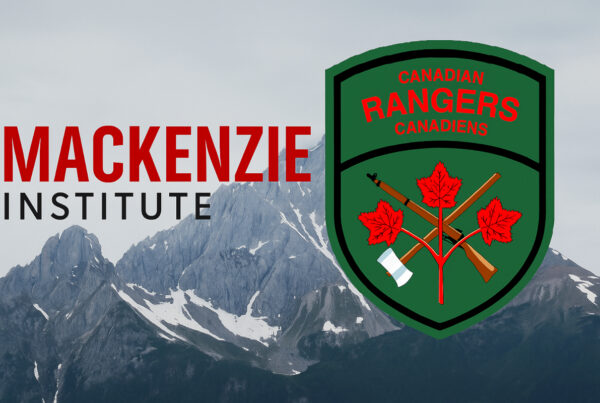
This year marked the 10th anniversary of the GLOBSEC Global Security Forum, the largest foreign policy and security conference in Central Europe and in the top five of its kind in the world. Since 2005, GLOBSEC has been held annually by the Slovak Atlantic Commission in Bratislava, bringing together heads of states, politicians, academics, and military and private sector representatives to discuss current security issues.
Kyla Cham, Research Fellow at the Mackenzie Institute, participated in the GLOBSEC Young Leaders’ Forum (GYLF), held in conjunction with the GLOBSEC Forum from June 18-21. GYLF 2015 was made up of 35 chosen individuals from 27 countries worldwide, and gave emerging leaders and influencers an opportunity to debate on transatlantic security, foreign policy and economy, while allowing them to engage with their peers and senior policy makers.
GYLF focused on a number of topics related to current developments in the international arena, such as the crisis in Ukraine, Russian geopolitics, reform of the European Union, the evaluation of the tasks and commitments of the NATO summit in Wales, and the challenge of ISIL across the Middle East.

Participants were split into four working groups and spent the weeks leading up to the Forum conducting research and preparing recommendations to be included in the final policy paper. Kyla was in the working group “Jihad in the West: New Face of Terrorism” and contributed to the discussions led by Habib Malik, Associate Professor at the School of Arts and Sciences at the Lebanese American University in Byblos. The group agreed on the following recommendations, which can be found in the policy paper “NATO’s Response to ISIL: Containing the Salafist Impulse”:
- Preparing a post-ISIL plan which includes a step-by-step programme made public and with as much support as possible, including from Iran;
- Developing a rehabilitation programme to reintegrate foreign fighters through the cooperation with various religious sects.

Kyla also moderated a GYLF session, titled “Middle East Chess Board”. The panelists were the Hon. Falah Mustafa Bakir, Head of the Department of Foreign Relations of the Kurdistan Regional Government in Erbil, Andrew Tabler, Senior Fellow at the Washington Institute for Near East Policy in Washington DC, and Michael Stephens, Research Fellow and Head of RUSI Qatar in Doha.
Other exclusive off-the-record discussions were with some of the most respected strategists and policymakers, such as General John Allen (USMC, Ret.), former Prime Minister of Sweden Carl Bildt, US Senator John McCain, and Deputy Secretary General of NATO Alexander Vershbow.








